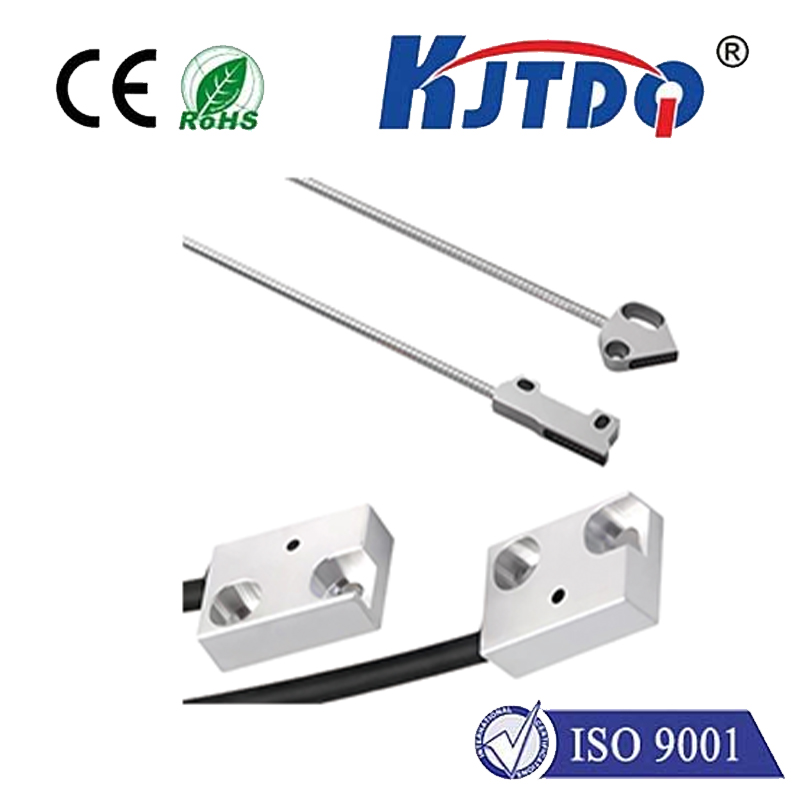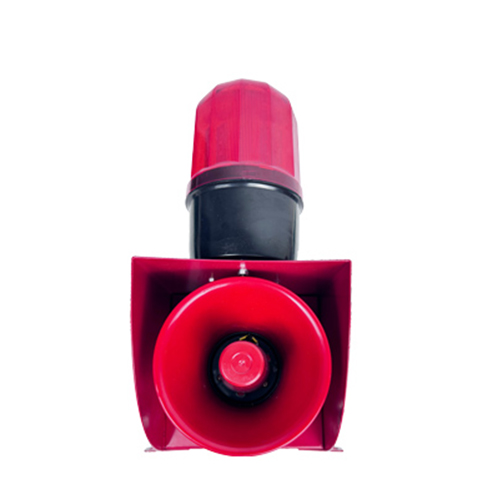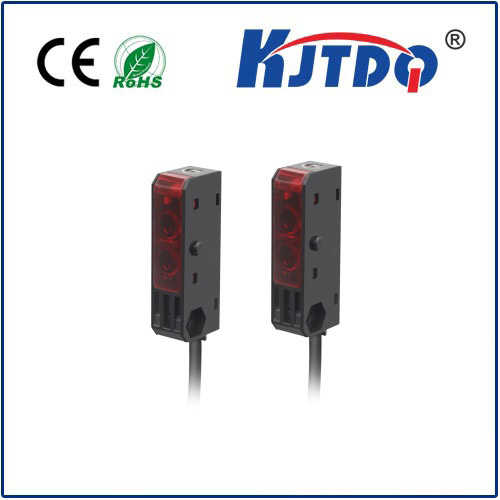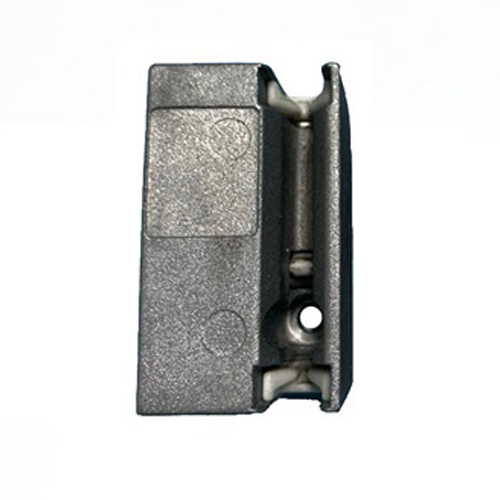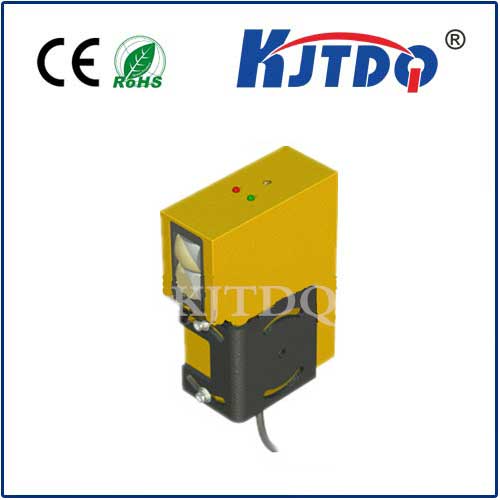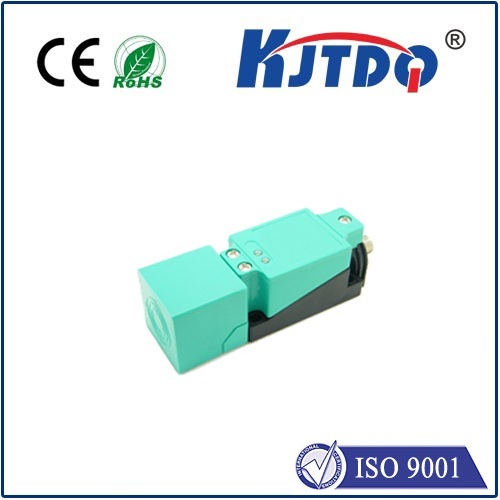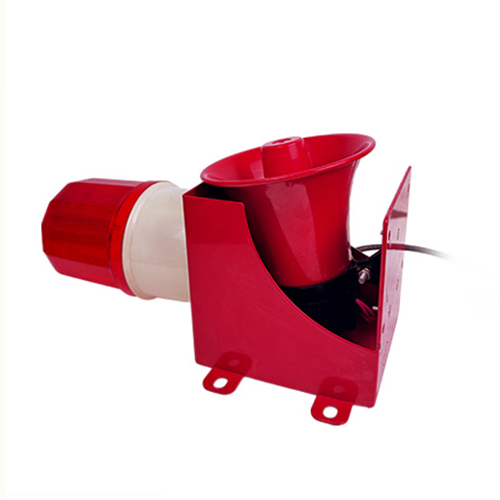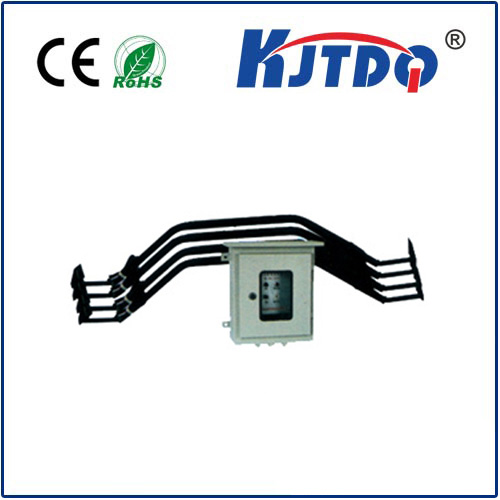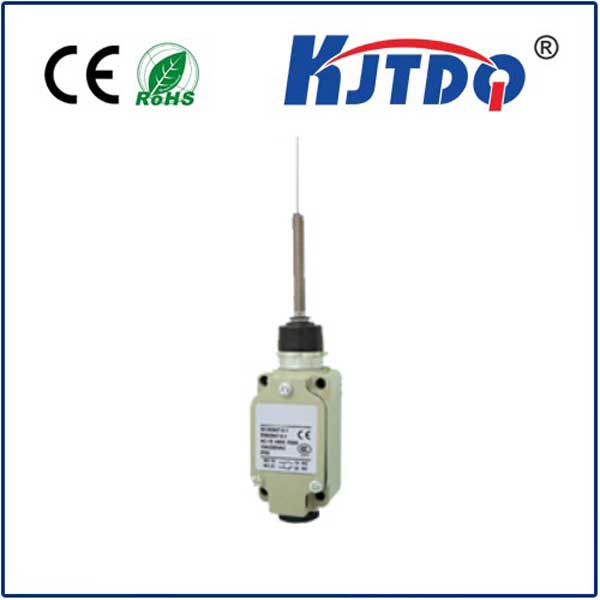

check

check

check

check

check

check

check

check

check

check
Title: The Advancements and Applications of Laser Level Measurement Devices
Introduction
In recent years, laser level measurement devices have become increasingly popular due to their high precision, accuracy, and versatility. These devices are widely used in various industries, including construction, engineering, automotive, and more, to ensure the proper installation and alignment of objects such as buildings, bridges, and highways. This article will discuss the advancements in laser level measurement technology and its applications in different fields.
Advancements in Laser Level Measurement Technology
The development of laser level measurement technology has been significant over the years. Here are some of the key advancements:
1. Higher precision: Modern laser level meters can measure distances up to several inches with incredible precision, thanks to improved sensor technology and software algorithms.

2. Improved accuracy: Laser-based leveling systems are more accurate than traditional methods like plumb bobs or spirit levels. This is because they can measure angles and heights with greater precision and consistency.
3. Enhanced durability: Laser level meters are designed to be more durable and resistant to environmental factors such as temperature changes, humidity, and dust accumulation.
4. Easy integration: Many laser level measurement devices are now equipped with wireless connectivity options, allowing for easy integration into existing control systems and data management software.
Applications of Laser Level Measurement Devices
Laser level measurement devices find numerous applications in different fields, including:
1. Construction: In construction projects, laser leveling is commonly used to ensure that building foundations, walls, and roofs are aligned properly. It helps prevent costly rework and ensures the safety of workers during construction activities.
2. Automotive industry: Laser leveling is used in the automotive industry to align headlights, taillights, and other vehicle components accurately. This helps improve the overall performance of vehicles and reduce the risk of accidents caused by misaligned components.
3. Agriculture: Laser leveling is useful in agriculture for measuring the height of crops and ensuring uniform growth. It helps farmers optimize crop yields and minimize waste by ensuring that plants are planted at the correct height.
4. Industrial manufacturing: In industrial settings, laser level measurement devices help ensure that machinery and equipment are installed correctly and operate efficiently. This reduces downtime and improves productivity.
Conclusion
As technology continues to advance, laser level measurement devices are becoming even more sophisticated and reliable. Their precise measurements and wide range of applications make them an essential tool for professionals working in various industries. By leveraging these advanced devices, businesses can increase efficiency, reduce errors, and improve safety in their operations.
